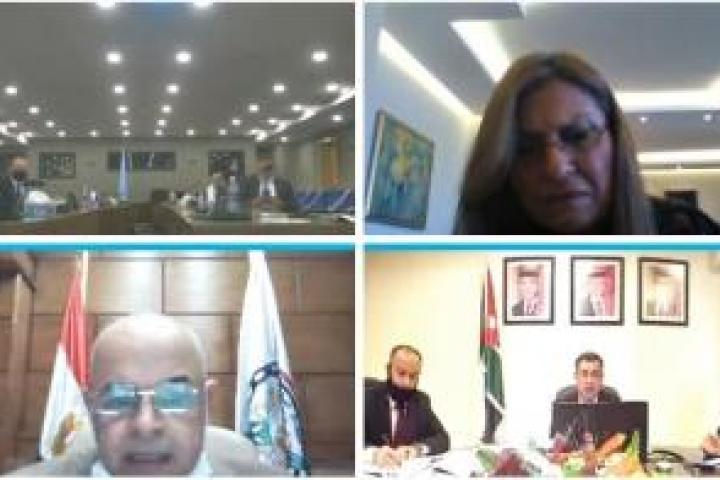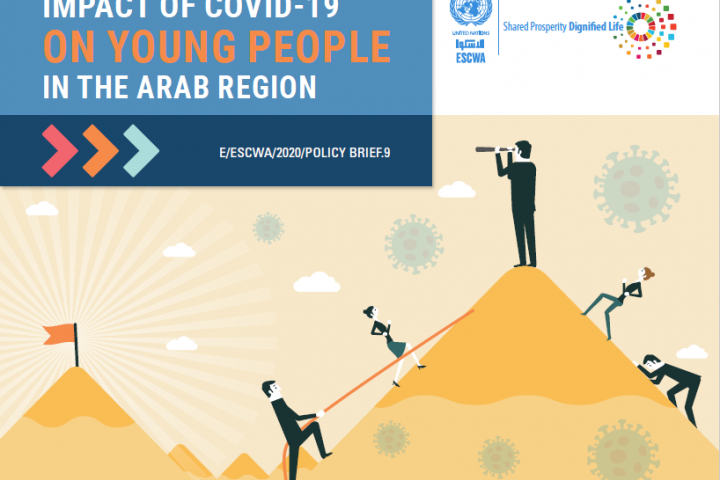Beirut, 10 December 2020 Qatar and the United Arab Emirates ranked second and eighth respectively among the world’s top 10 richest countries, while Egypt and the Sudan ranked first and third respectively among the 5 least expensive countries, according to a new report released today by the United Nations Economic and Social Commission for Western Asia (ESCWA). The regional report, titled “Purchasing Power Parities (PPP) and the Real Size of Arab Economies”, presents the largest and most recent annual PPP time series covering 2011 to 2019.
Most countries still rely on the official exchange rate as an indicator to compare the size of their economies with others, but due to the fact that most of these prices remain fixed, this indicator does not reflect the real relative value of currencies and their purchasing power across different countries.
The report provides indicators and a comparative analysis of the real sizes of the economies of 12 Arab countries, whose economies account for 84% of the region's economy, according to purchasing power parities. It shows that the average individual material well-being in this group of countries is higher than the global average, in contrast to what exchange rates reflect.
Regional Programme Manager of the International Comparison Programme at ESCWA, Majed Skaini, emphasized that “PPPs are important for comparative economic analysis and well-being assessments, and for their role in monitoring progress towards realizing the 2030 Agenda for Sustainable Development, and its Goals and indicators”.
In addition to the report, ESCWA has created an interactive electronic platform that provides graphs and explanatory videos, a detailed database updated periodically, and an online PPP converter, the first of its kind, which allows users to convert between the currencies of the 12 countries included in the report or into US dollars, to identify their real relative purchasing powers.
"In times of global uncertainty exacerbated by COVID-19, and with some of the world’s economies experiencing stagnation and financial crises, assessments based on PPPs gain increased importance as they enable a more accurate assessment of the economic and social situations of Arab countries," Skaini added.
ESCWA has joined the International Comparison Programme, one of the largest statistical programs in the world, leading it at the Arab region’s level and producing, in its framework, reliable PPP to measure the real sizes of countries' economies. The program facilitates comparisons of the sizes of economies, total and per capita incomes, individual material welfare, and price levels, thus providing decision makers with reliable data for evidence-based policy formulation.
About ESCWA
One of five United Nations regional commissions, ESCWA supports inclusive and sustainable economic and social development in Arab States, and works on enhancing regional integration.
For more information:
Ms. Maryam Sleiman, Public Information Assistant, +961-81-769-888, sleiman2@un.org
Ms. Rania Harb, Public Information Assistant, +961-70-008-879, harb1@un.org



